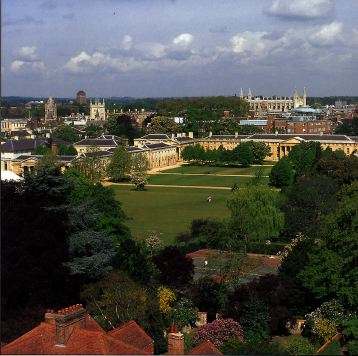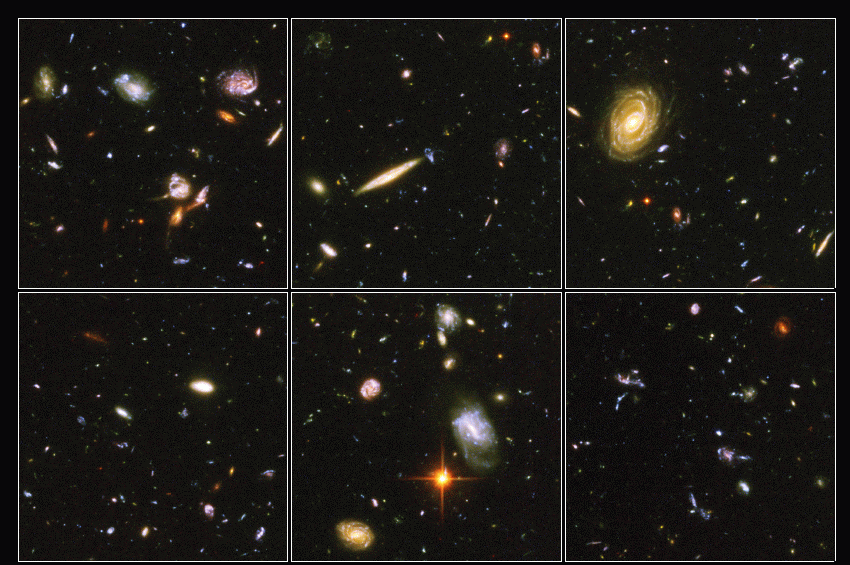
Department of Astronomy
The University of Texas at Austin
1 University Station C1400
Austin, TX 78712-0259
Email: sj@astro.as.utexas.edu
Office : PMA 15.326 and WCH 3.124
URL : http://www.as.utexas.edu/~sj


|
Dr. Shardha Jogee Department of Astronomy The University of Texas at Austin 1 University Station C1400 Austin, TX 78712-0259 Email: sj@astro.as.utexas.edu Office : PMA 15.326 and WCH 3.124 URL : http://www.as.utexas.edu/~sj |

|
|
Education |
Dr. Shardha Jogee is the Associate Dean for Faculty Affairs in the College of Natural Sciences (CNS) at The University of Texas (UT) at Austin and a Professor in the Department of Astronomy where she holds the Rex G. Baker, Jr. and McDonald Centennial Professorship. She joined the faculty at UT Austin in 2004 and served as the Department Chair from 2015 to 2019. She holds a Bachelor's degree in Physics from the University of Cambridge in England, and Master's and Ph.D. degrees in Astronomy from Yale University in the USA. Prior to joining UT Austin, Dr. Jogee worked at Caltech and the Space Telescope Science Institute, which oversees the scientific operations of NASA's Hubble Space Telescope and the flagship James Webb Space Telescope. At UT Austin, Dr. Jogee leads a scientific research program to explore how galaxies and their constituent stars, black holes and dark matter grow across cosmic time, and she also teaches undergraduate and PhD students. Her research uses NASA's space telescopes, McDonald Observatory and other ground telescopes, as well as the Texas Advanced Computing Center (TACC). Dr. Jogee has been awarded over $4.2 million in grant funding from NASA, the National Science Foundation, the Department of Defense and has published 220 research papers that have garnered over 10,100 citations. Dr. Jogee is a member of the American Astronomical Society, an alumna of Leadership Texas 2014, and a Public Voices Fellow with the OpEd Project. She strongly supports a broader participation of women and under-represented groups in STEM and the essential partnership between universities, federal agencies, and philanthropists in advancing higher education and society. |
|
Appointments |
|
|
Short Bio
|
|
|
CV with Bibliography
|
|
|
Research |
|
|
Teaching |
|
|
Public Outreach |
|

|

|
The Hubble Ultra Deep Field (HUDF), the deepest visible-light image ever made of the Universe, (Credit: NASA, ESA, S Beckwith and HUDF home team ) shows the first galaxies to emerge from the so-called "dark ages," (the time shortly after the big bang when the first stars reheated the cold, dark universe), and chronicles a period when the universe was younger and more chaotic, with violent interactions between galaxies.
WWW home page (last update November 2021)